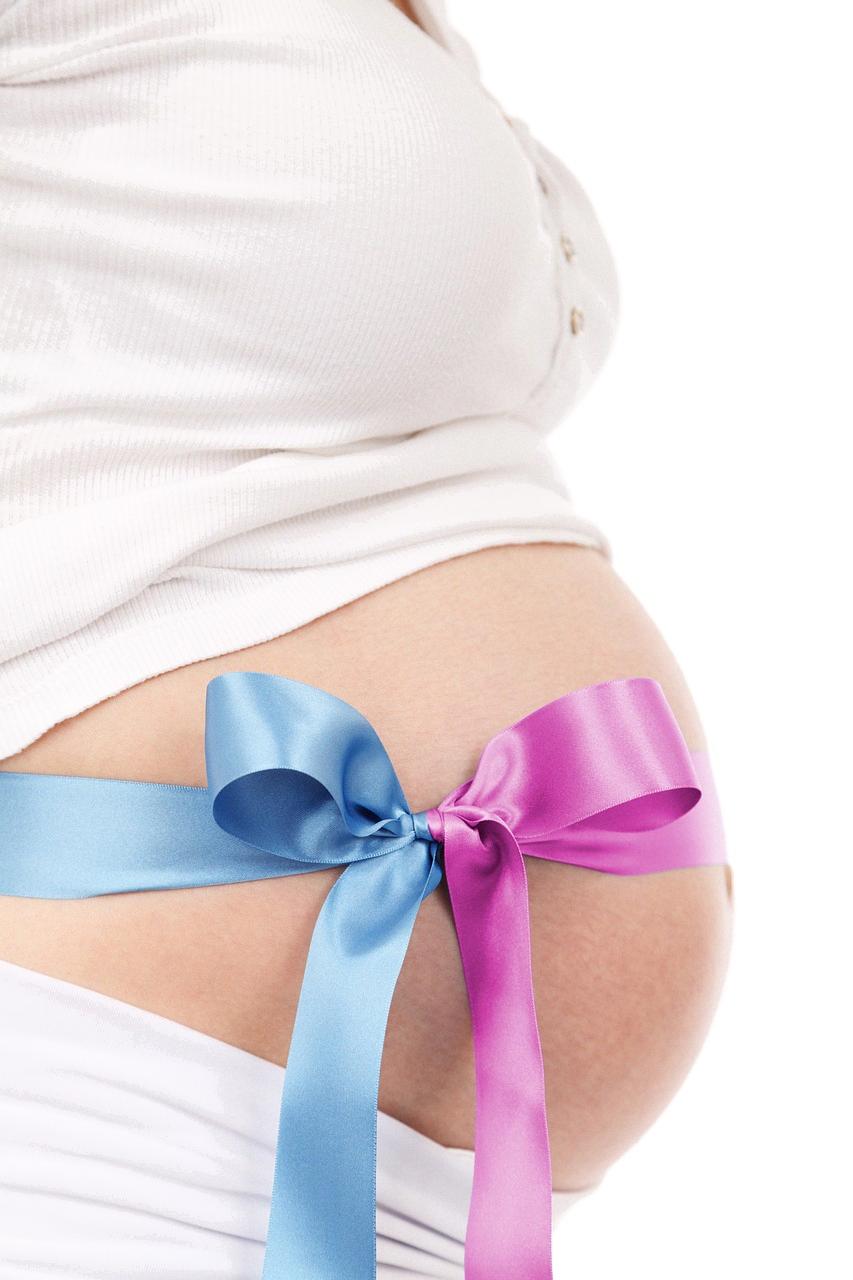When it comes to the health and care of a newborn baby, especially one born prematurely, the need for specialized attention is crucial. In the case of a 36-week baby, the decision of whether they require Neonatal Intensive Care Unit (NICU) comes down to various factors that medical professionals assess to ensure the well-being of the newborn and provide the necessary support. Let’s delve into the details of why a 36-week baby may or may not need NICU care.
Understanding Gestational Age and NICU
The gestational age of a baby at birth plays a significant role in determining their health and developmental needs. Babies born before 37 weeks are considered preterm, and those born before 36 weeks are classified as late preterm. While a 36-week baby is closer to full term compared to extremely preterm infants, their time in the womb is still crucial for their development, and they may exhibit certain challenges that necessitate NICU supervision.
Factors Influencing NICU Admission
Multiple factors influence the decision to admit a 36-week baby to the NICU, such as birth weight, respiratory status, feeding ability, presence of any infections, and overall stability. Even though a 36-week baby is considered late preterm, they may still face issues with regulating body temperature, breathing, feeding, and maintaining appropriate blood sugar levels, which are all aspects monitored closely in the NICU setting.
Observation in the NICU
It is common practice in many healthcare facilities to observe 36-week babies in the NICU for a short period, typically one day, to assess their initial health status and address any immediate concerns that may arise post-birth. This observation allows medical staff to closely monitor the baby’s vital signs, blood sugar levels, breathing patterns, and overall well-being before deciding on the next steps for care.
Longer NICU Stay for Earlier Preterm Babies
While a 36-week baby may only need a brief stay in the NICU for observation, babies born before 35 weeks of gestation often require a more extended period in the NICU due to their increased vulnerability and potential health complications related to prematurity. These earlier preterm babies may need specialized care, including respiratory support, feeding assistance, and infection monitoring until they demonstrate stability and readiness for transfer to the postpartum unit.
Parental Involvement in NICU Care
During a baby’s NICU stay, parents play a crucial role in their child’s care and development. Healthcare providers encourage parental involvement through skin-to-skin contact, feeding assistance, and bonding activities that promote parent-baby interaction and support the baby’s overall well-being. Building a strong bond with their preterm baby can positively impact the infant’s growth and development.
Benefits of NICU Care for 36-Week Babies
While the prospect of a NICU stay for a 36-week baby may initially cause concern for parents, it is essential to recognize the benefits that NICU care can offer in terms of specialized attention, monitoring, and medical interventions when needed. The NICU provides a controlled environment where medical professionals can swiftly respond to any changes in the baby’s health status and ensure prompt care delivery.
Gradual Transition to Postpartum Care
After the initial observation period in the NICU, when a 36-week baby shows stability and meets specific criteria for discharge, they are typically transferred to the postpartum unit to continue their care under the supervision of the mother and healthcare team. This transition marks an essential step in the baby’s journey towards heading home with their family and transitioning to routine newborn care.
Monitoring Developmental Milestones
Following discharge from the NICU or postpartum unit, ongoing monitoring of a 36-week baby’s developmental milestones is essential to track their growth, feeding progress, and overall well-being. Pediatricians may recommend regular check-ups, developmental assessments, and early intervention services if any concerns arise regarding the baby’s development or health status.
Supporting Preterm Babies and Families
Providing support for preterm babies and their families goes beyond the NICU or hospital setting. Community resources, support groups, and educational programs can offer valuable assistance to parents navigating the challenges of caring for a preterm infant and help promote the optimal growth and development of their baby as they transition to early childhood.
Conclusion: Individualized Care for 36-Week Babies
In conclusion, the need for NICU care for a 36-week baby is based on individual health assessments and considerations to ensure the best possible outcomes for the newborn. While some 36-week babies may only require short-term observation in the NICU before transitioning to postpartum care, others with additional medical needs may benefit from a more extended stay in the NICU for specialized support and monitoring. Ultimately, the goal is to provide personalized care that addresses the unique needs of each preterm baby and supports their health and development in the early weeks of life.

